Keywords: Infrastructure project financing, RWA Tokenization, Infrastructure Projects Tokenization, Financing Infrastructure through Tokenization, Blockchain for Infrastructure Financing, Tokenized Infrastructure Investment, Digital Assets in Real Estate and Infrastructure, Fractional Ownership in Infrastructure Projects
RWA Tokenization in Infrastructure Projects
In 2009, when first digital asset named Bitcoin was released, the thought of releasing digital assets of infrastructure would have not struck once in a mind. But here we are! After 15 years the leaders in Decentralized Finance are talking about tokenization of infrastructure projects. Real-world assets are one of the key sectors in a digital world that is growing rapidly in the cryptocurrency and blockchain space. They possess great potential to revolutionize finance by bringing digital assets onto the blockchain. RWA is a process of tokenization of real world assets like real estate, arts, commodities, equities, debts, etc., into digital assets.
- Real Estate
- Precious Minerals
- Infrastructure and Energy
- Entertainment and Sports
- Venture Capital Funds
- Sustainable Initiatives
- AI Models
- Intellectual Property Rights
Over the past 5 years RWA has become a popular investment sector growing by 58% in 2023. It is estimated that the market size of RWA will reach $16 trillion by 2030. Recently, tokenization in infrastructure projects has taken the world by storm. This DeFi ecosystem is becoming the popular financial market among the stakeholders
Key Takeaways
- Tokenization of infrastructure projects is critical as it involves economic and social development of a country.
- Infrastructure projects can benefit hugely by tokenization as it will increase more liquidity, reduce cost, provide accessibility, and minimize risks
- There are many blockchain-based companies that are testing their hands on this financial sector including KALP.
- There are few challenges like legal, regulatory, and institutional issues that still need to be addressed for broader adoption.
Importance of Infrastructure in Economy
A huge expansion of economic and social development of a country depends heavily on sustainable infrastructure. This lessens poverty and increases the standard of living. Here are few benefits of infrastructure development in economy:
- Industrialization: A high-quality, sustainable infrastructure development is important for small, micro, and large-scale industries to compete with successful industries. It creates a foundation for establishing manufacturing units, reduces transportation and logistics cost, accelerates distribution and enhances ROI.
- Inclusive growth: An adequate infrastructure is also important for inclusive economic growth. It narrows the income gap and uplifts the quality of life in the country.
- Migration: Rural areas frequently experience high migration rates due to lack of basic infrastructure. Increasing the rural infrastructure development including road transport, irrigation, motorways, and electricity connections, brings overall prosperity to society and restricts people from immigrating to urban areas.
- Investment: To build an adequate infrastructure, countries generally allocate 3-3.5% of their GDP. It employs a large labor workforce and professionals creating enormous job opportunities for the people. Plus, they also contribute to the national defense by enhancing defense and military infrastructure. A futuristic and sustainable infrastructure yields high ROI for the government.
Benefits of Tokenization for Infrastructure
From investors, property owners, tenants, to brokers, trustees, and employees in any sector, tokenization opens rooms for large population. Here are the 5 benefits of tokenization for infrastructure finance:
- Increases Liquidity: Traditionally, infrastructure faces limitations on liquidity inflow. Digital tokens solve this issue by bringing modest investors into the market. These tokens are easily tradable on blockchain based platforms and bring liquidity to the unimaginable market.
- Cost-Effective: Tokenization eliminates the involvement of many intermediaries like notaries, brokers, etc., for trading real estate assets. This significantly reduces the asset transaction cost as we mentioned earlier. It also frees the trading partners from administrative overhead, lengthy paperwork, and administrative processes; thus, making it cost-efficient to invest and manage real-estate tokens.
- Accessibility: Infrastructure projects usually involve government body and wealthy investors, and hence common investors does not get a chance to invest.
- Reduces Counterparty Risks: Before blockchain, tracking digital token transactions was tedious as many third party were involved. This made the process less transparent and opaque. Blockchain’s crucial components like smart contracts, decentralized, and regulatory perspectives eliminate third-party and weak links.
Benefits of Tokenization for Infrastructure
While infrastructure tokenization is relatively new, few companies have emerged as frontrunners in this market space. Below are the case studies of a few top companies that are poised to create significant impact.
KALP, a decentralized financial platform based on blockchain technology provides an infrastructure to tokenize and exchange digital assets without a hustle. It brings all parties on a single platform and connects them to the new-age global financial market. It is a secure and user-friendly platform designed to provide accessibility to all.
Antier Solutions, a blockchain company, provides real-estate tokenization services. From asset tokenization to stakeholder boarding, this platform gives a safe space to create and exchange tokens.
DigiShares is a blockchain-based exchange platform where you can trade any digital tokens. It includes tokenized assets of real estate, energy, vehicles, and other infrastructure projects.
tZero, offers a secured infrastructure for digital securities and enhancing the investor experience through transparency and interoperability. You can tokenize infrastructure projects and securely trade them on this platform.
Challenges to Infrastructure Tokenization
While infrastructure projects possess huge returns on investment and directly impact the growth of the country, tokenization still holds many challenges that needs to be addressed:
- Legal challenges: Infrastructure projects are huge, complex, and involve a lot of legal regulations. This makes it tough for common investors to clear legal regulations of ownership and exchange of tokens.
- Regulatory Uncertainty: Many times, infrastructure projects are halted due to multiple internal and external uncertainties. This poses a great challenge to tokenization of infrastructure.
- Institutional Requirements: Infrastructure projects must meet the institutional and operational requirements around economic security, stability, sustainability and compliance, making interoperability of tokens difficult.
Conclusion
Tokenization of real-world assets presents a transformative opportunity for infrastructure by increasing liquidity, enhancing accessibility, and minimizing risks. However, the process is not without challenges like legal securities, regulatory uncertainty, and institutional requirements. Platforms like KALP offer a robust solution by providing a secure, transparent, and user-friendly infrastructure that simplifies the tokenization and their exchange. It will help industries bring more investors on board while ensuring compliance with regulatory standards.
FAQs
What is an infrastructure token?
Infrastructure tokens are digital assets representing investment or ownership in infrastructure projects like real estate, transportation system, energy, that are tokenized on blockchain technology
What is tokenization of real estate projects?
Tokenized real estate represents the digital tokens or cash flow of property on the blockchain network. This increases liquidity and allows digital ownership.
How does tokenization benefit infrastructure projects?
Tokenization enhances transparency and efficiency in Tokenization allows the fractionalization and democratization of traditionally illiquid assets. It provides fractional ownership and opportunities for new investors
What are the regulatory challenges in tokenizing infrastructure projects?
Tokenization of infrastructure projects includes challenges legal issues, regulatory uncertainty, and institutional requirements.
Which blockchain platforms are best for infrastructure tokenization?
KALP, tZero, Antier Solutions, DigiShares, are some of the best platforms for infrastructure tokenization.





